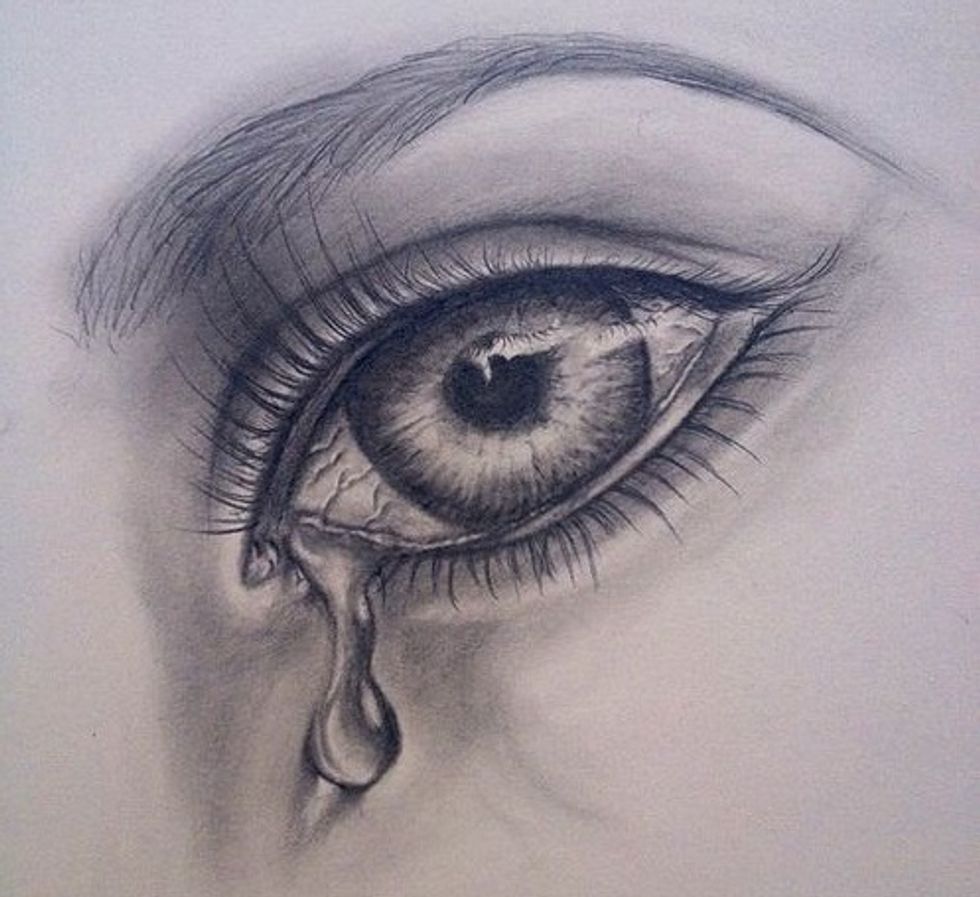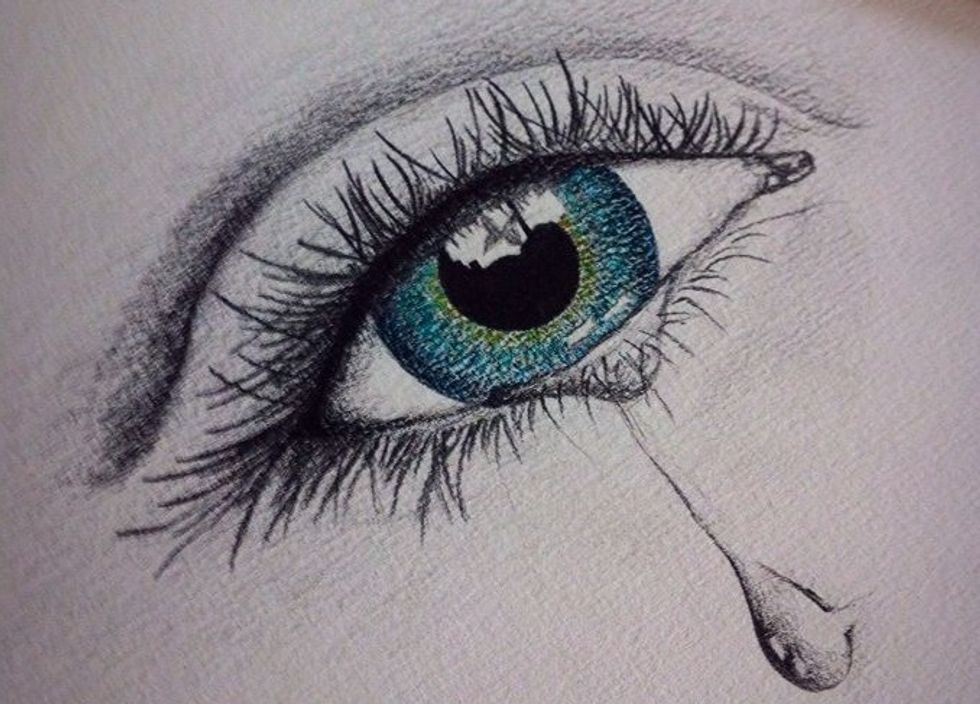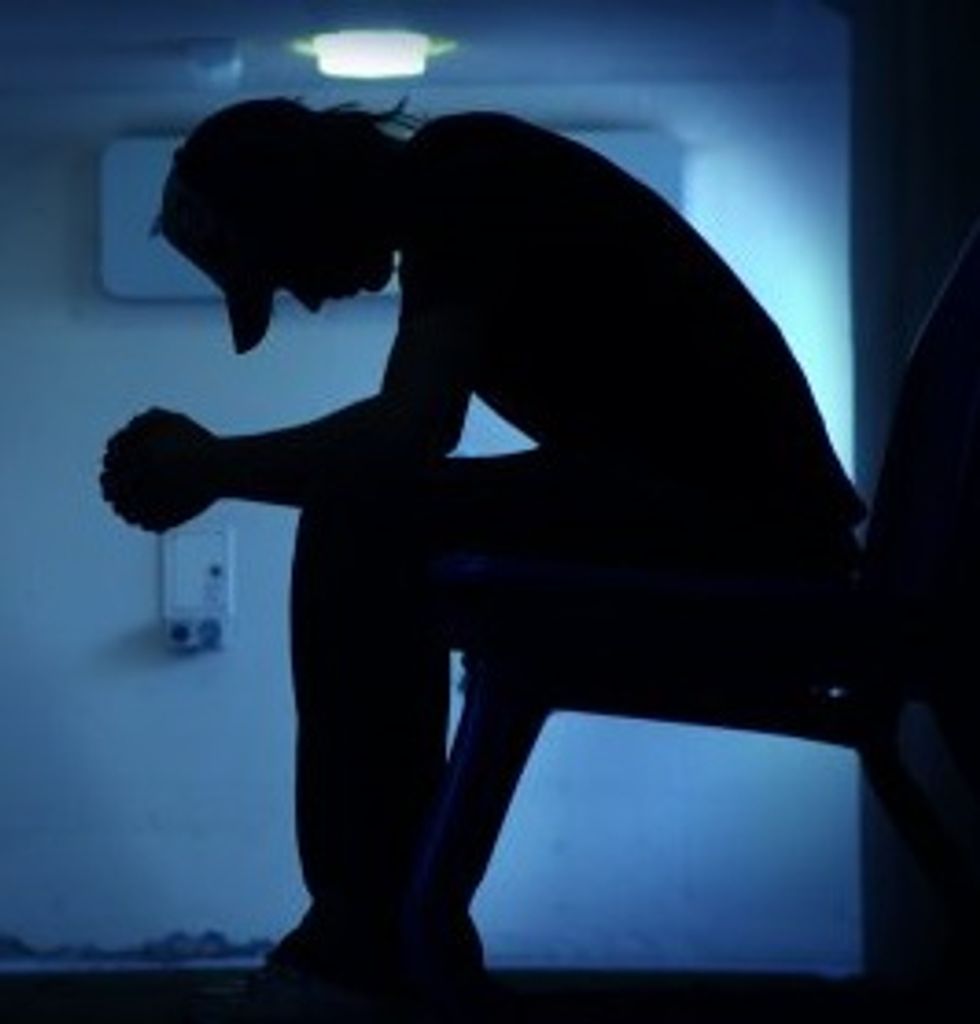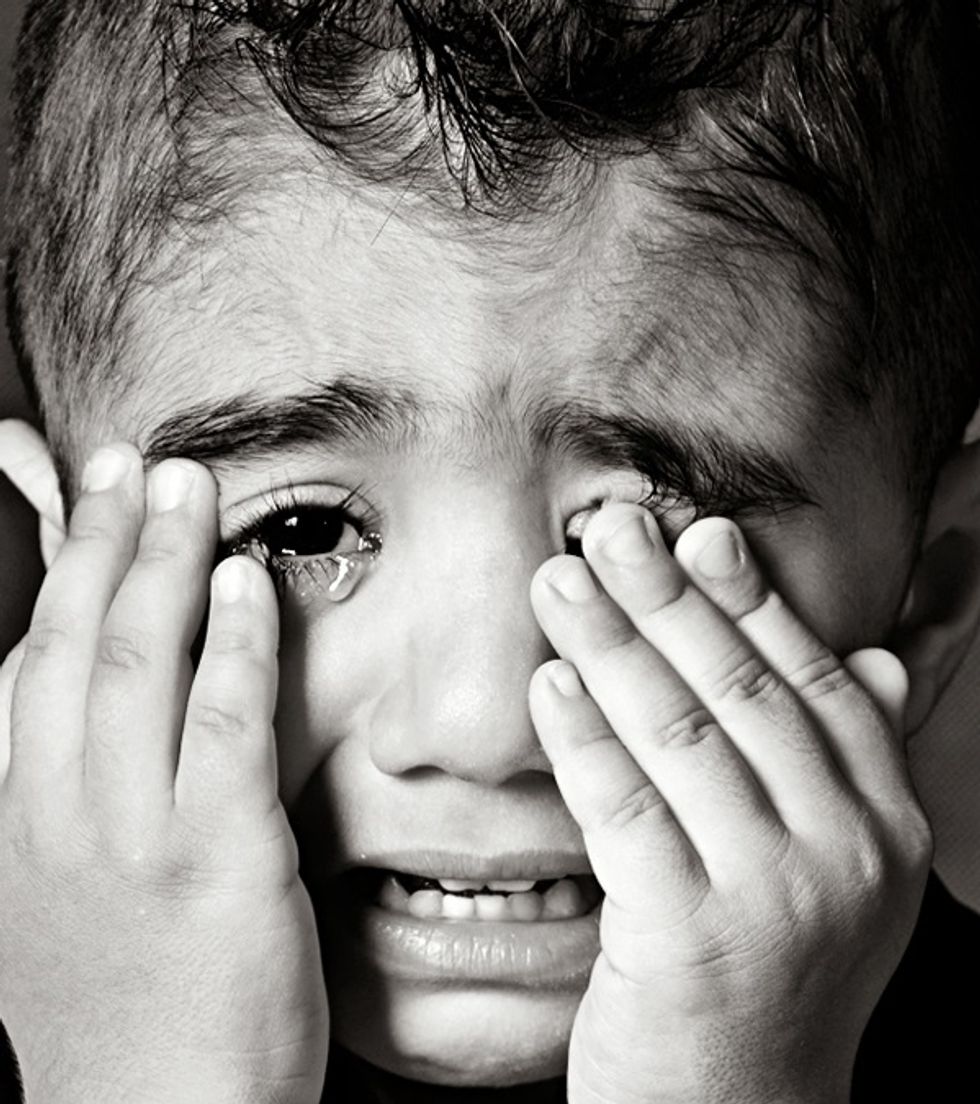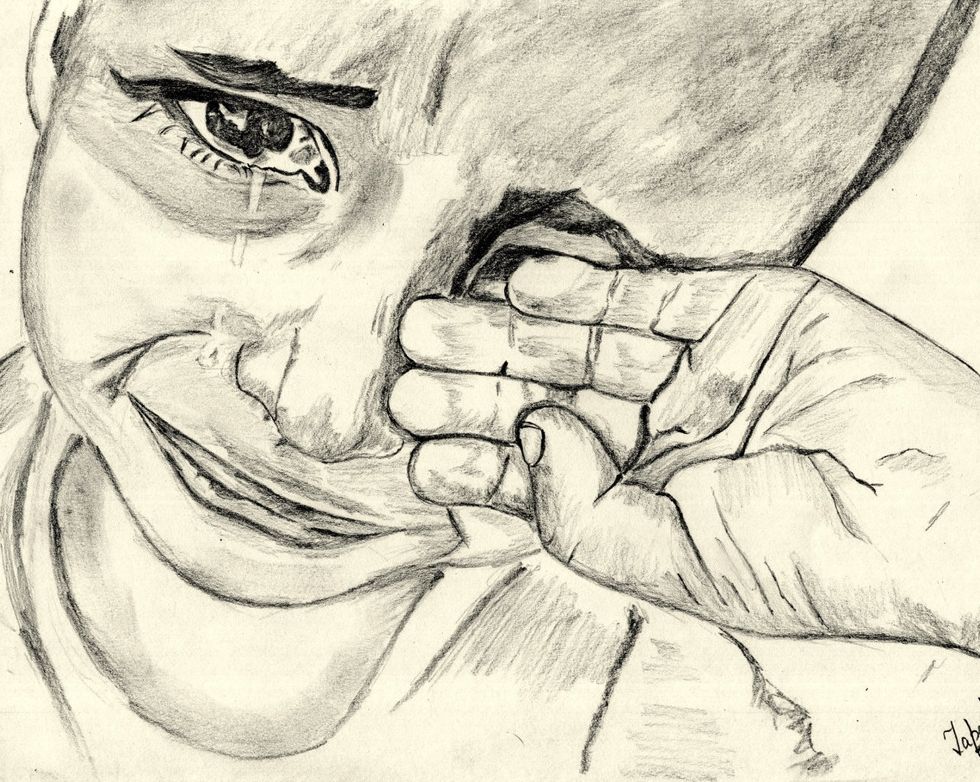National Suicide Prevention Lifeline
1-800-273-8255
Suicide
It's such a big, intimidating, ugly word. It has so many sad connotations. For those who survive a friend or loved one who commits suicide, it carries an overwhelming feeling of helplessness, hopelessness, and a lot of unanswered questions.
Why didn't I notice that something was wrong? What could I have done to help, to make them feel heard? Didn't they know that suicide is a permanent solution to a temporary problem?
According to the American Foundation for Suicide Prevention, suicide is the 10th leading cause of death in the United States. In 2015, 44,193 Americans died by suicide. For every 1 "successful" suicide there are 25 attempts, and suicide costs the United States $51 billion annually.
Does anyone else think that 25 attempts per 1 suicide is a really BIG number? That means 3,025 Americans ATTEMPTED suicide, each day, and 1,104,825 Americans ATTEMPTED suicide each year; and that number is continually rising. Nearly doubling in 7 years.
It seems like such a conundrum, to call it a "successful" suicide, because really it's a failure to live. It's a failure to find help for whatever it is that makes us not want to continue to fight to live another day in this life.
The AFSP shows that men are 3.5 times more likely to die from suicide than women. In 2015, 7 out of 10 men to die by suicide were white. The highest numbers of men to die by suicide were of middle age, white men in particular. More than 50% of deaths by suicide in all Americans were by firearms (only rarely involving automatic weapons).
An average of 121 Americans die by suicide each day. This calculates to 13.26 Americans in 100,000 in 2015, to die by suicide. In 2006, "only" 10.97 Americans in 100,000 died by suicide each day.
National Suicide Prevention Lifeline 1-800-273-8255
In May 2017, USA Today published the story, "Youth suicide rates are rising. School and the internet may be to blame." Dr. Gregory Piemmons presented a study on the admission of patients age 5 to 17 years old for thoughts or actions relating to suicidal intent. Dr. Piemmons' findings, from only 32 area pediatric hospitals, showed the volume of admissions on children these ages had more than doubled from 2008 to 2015.
You read that right, 5, as in FIVE, 5 years old. Why are 5-year-olds thinking about suicidal intent? I know there is a literal gamut of situations that could lead to such a drastic action by a 5-year-old, but at 5-years-old the biggest problems children should be facing are:
Is my favorite outfit clean?
Will I have my favorite food today?
Where did mom hide her candy stash?
National Suicide Prevention Lifeline 1-800-273-8255
You're probably wondering why I'm bringing up such a horrifying topic when everyone is concentrating on Christmas shopping and Holiday parties.
I bring it up because, while we are all planning festivities and anticipating the joy of your loved ones opening your gift, there are people who are experiencing just the opposite. They are thinking about ending their lives. They are struggling with something that they feel no one can understand, or they have tried to get help and have gone unheard.
Holidays bring a notoriously obscene number of suicides and suicide attempts. For all of us who have warm, pleasant, happy gatherings and parties to attend, someone else doesn't have that to look forward to.
National Suicide Prevention Lifeline 1-800-273-8255
You may never know how bleak this person feels, it may not be obvious to a loved one, or their best friend, let alone a passing acquaintance. But it could be the person sitting next to you right now. On the bus, on the subway, in class, waiting in line at the grocery store.
The New York Times wrote an article, "Preventing Teen Suicide: What the Evidence Shows." In the article, the author discusses the Neflix series "13 Reasons Why".
If you havent heard about this series, it's about a teenage girl who commits suicide. She leaves behind a set of audio cassettes that detail the 13 Reasons Why she decided to commit suicide. If you haven't watched this, it's a VERY powerful message.
National Suicide Prevention Lifeline 1-800-273-8255
Experts believe that discussing suicide or releasing shows like 13 Reasons Why, doesn't just bring attention to the issue, that it exacerbates it. Search engine analysis revealed that with the media frenzy (more than 600,000 news articles) that followed the release of 13 Reasons Why, internet searches about suicide had risen 19% more than the experts expected.
Topics searched were; suicide hotline, suicide prevention, teen suicide, commit suicide, how to commit suicide, and how to kill yourself. Other non-supporters of open discussion felt that this series glamorized suicide and that the graphic nature of the active suicide scene shouldn't have occurred.
We understand, as with everything in this world, we can't make everyone happy all of the time.
National Suicide Prevention Lifeline 1-800-273-8255
We either bring the subject up and hope to spread the word to those who are silent about their struggles, or we say nothing and hope the problem goes away. Ignoring this problem isn't going to make it go away. It is growing in near epidemic proportions.
So, we know what to do for those actively seeking help, but how do we help the ones who struggle silently? We can inform ourselves and our loved ones that there are other options to solving problems, besides giving up.
Experts say that most suicides are impulsive. In the New York Times article Preventing Teen Suicide: What the Evidence Shows, experts say, "Studies of people who came close to dying from suicide attempts, but lived, show that about one-quarter went from deciding to kill themselves to making the attempt in less than five minutes. Almost three-quarters of them took less than an hour."
National Suicide Prevention Lifeline 1-800-273-8255
Of those who used a gun for a suicide attempt, 85% were "successful". Those who used drug overdose or poison were only "successful" 2% of the time. In suicides of persons age 15 to 24, 45% used guns. (I'm not making any anti or pro-gun commentary, these are just statistics)
What are signs that a loved one might be struggling and need help?
Isolating themselves.
Talking to others or posting on social media about suicide, wanting to die, feeling hopeless, trapped, or a burden to others.
Looking for ways to die by suicide. Gathering medications, sharp objects, firearms, looking online for methods.
Expressing unbearable emotional pain.
Visiting or calling people "to say goodbye".
Giving away prized possessions.
Suddenly becoming calm or cheerful after a long period of depression.
This Holiday season let's pay attention to all of those around us, instead of having our noses buried in our phones. Raise your eyes and actually see what's going on around you, and how others are experiencing life around you.
National Suicide Prevention Lifeline 1-800-273-8255
Make a personal connection. You don't have to try and save the world, but your attention and interest might just save one person's life.



